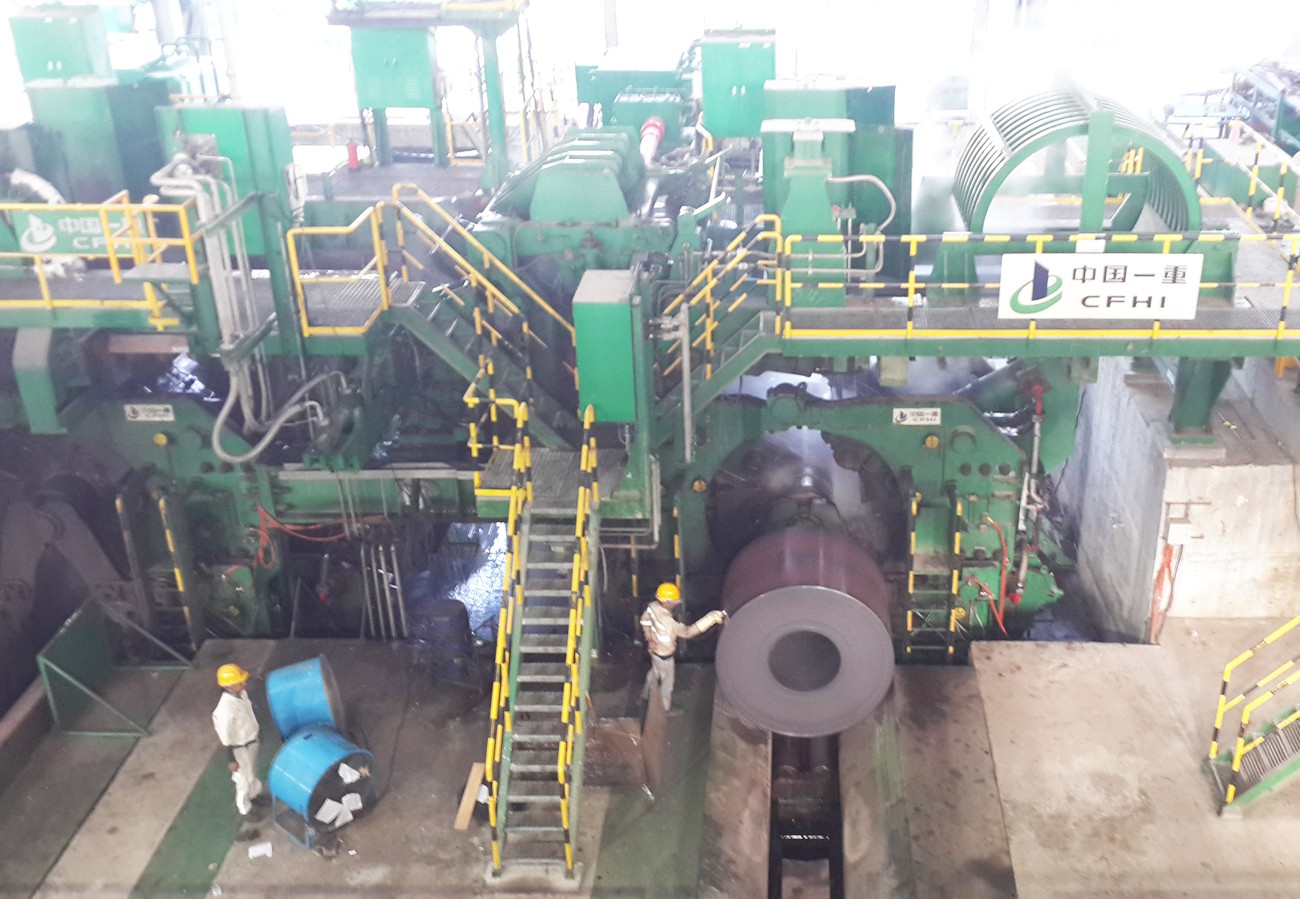Popular Reads
Top Results
Can't find what you're looking for?
View all search resultsPopular Reads
Top Results
Can't find what you're looking for?
View all search resultsAs locals oppose project, China vows to create jobs
China’s mission in Jakarta has given reassurances that its workers who come to Indonesia alongside big Chinese investment won’t take away jobs from the local populace and instead open up more employment opportunities for them.
Change text size
Gift Premium Articles
to Anyone
Dian Septiari
THE JAKARTA POST/JAKARTA
China’s mission in Jakarta has given reassurances that its workers who come to Indonesia alongside big Chinese investment won’t take away jobs from the local populace and instead open up more employment opportunities for them.
The planned arrival of 500 Chinese workers to Indonesia next month despite travel restrictions imposed due to the onset of the COVID-19 epidemic has drawn negative responses from a general public already anxious about the uptick in Chinese investment flows into the country.
In the past week, the Indonesian government has scrambled to contain an apparent backlash after news emerged that around 500 Chinese workers would be flown in to work on the construction of rotary kiln-electric arc furnace (RKEF) smelter in Konawe, Southeast Sulawesi.
After the local administration voiced its opposition citing fears over coronavirus transmission, the Manpower Ministry said in early May that the arrival of the foreign workers would be postponed until the situation on the ground returned to normal.
However, Coordinating Maritime Affairs and Investment Minister Luhut Pandjaitan later said that they would arrive in Indonesia in July due to their essential role in the construction project.
The government had earlier announced a temporary ban on foreigners entering Indonesia, a policy formalized through Law and Human Rights Ministry Regulation No. 11/2020, which went into effect in early April.
Wang Liping, a minister counselor on economic and trade affairs at the Chinese Embassy in Jakarta, argued that the Chinese foreign workers in Indonesia were mostly technicians and skilled workers who had already completed all of the necessary employment paperwork.
"If we look at the current situation, every Chinese worker in Indonesia can create at least three jobs for the local Indonesian people," the diplomat claimed during a press briefing on Tuesday.
Observers have pointed out that growing negative sentiment over Chinese workers was mostly fueled by fear that Chinese investment might take away employment opportunities for local residents.
But Wang defended the current practices Chinese projects employ in limiting foreign worker employment, citing a 1:10 ratio of Chinese to Indonesian workers at the Indonesia Morowali Industrial Park (IMIP) in Central Sulawesi, a ratio of 1:70 at e-commerce player JD.id and 1:150 for employment at Julong Group’s various projects.
Wang further argued that Chinese investors would scale back the number of Chinese workers if they could, due to the high labor costs associated with employing workers from the mainland.
A typical skilled Chinese worker would generally command US$30,000 per year, he said, and the company would have to bear additional costs for flights and accommodation.
In contrast, a local Indonesian worker would be paid 10 percent of the total cost of bringing in a Chinese worker.
“In order to control costs, Chinese investors have no reason not to hire local workers,” he said.
However, for some Chinese projects, where Indonesia was unable to provide the skilled workers required, “Chinese companies must use Chinese workers despite the high costs”.
A number of Indonesian officials have acknowledged this issue, most recently Jodi Mahardi, spokesperson for the Office of the Coordinating Maritime Affairs and Investment Ministry.
Jodi said the presence of Chinese workers would speed up the construction of smelters and contribute to Indonesia’s mining ambitions. “We have to be honest that with the RKEF technology, China can build cheaper, quicker and with good environmental standards,” he said last week.
Jodi also said that Chinese workers were not actually taking jobs away from local workers. Instead, they sped up local labor absorption for when the projects become operational.
At the mining sites that employ Chinese labor, the workforce is still largely made up of locals, Jodi explained.
IMIP, for example, employs 39,500 locals and 5,500 Chinese workers. In Weda Bay, which is currently under construction, the work is done by 7,700 locals and 1,200 Chinese workers. At the Virtue Dragon industrial complex in Konawe, there are only 706 Chinese workers from the total 11,790 employed.
“So, if we added 500 more Chinese workers to speed up construction, they could operate quickly and absorb more local labor. Is there anything wrong with that?” he said.
The ministry spokesman said the foreign workers would return to China upon completion of the smelter project.










